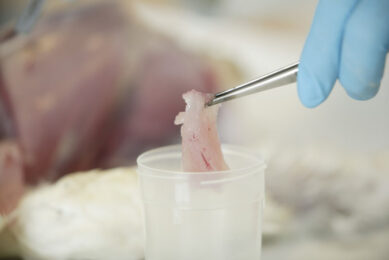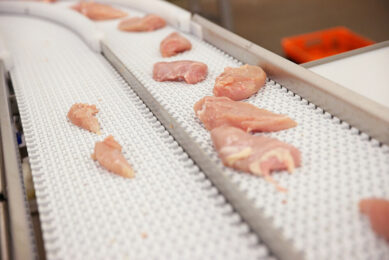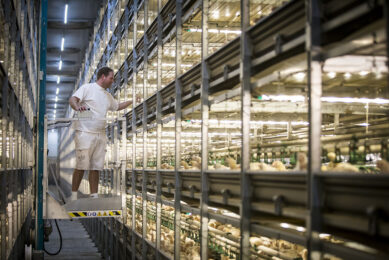IPC joins in FAO’s environmental project

The International Poultry Council (IPC) is joining international private-sector livestock organisations in a partnership with the Food and Agriculture Organization of the UN (FAO) and other entities to strengthen the science of environmental benchmarking of livestock supply chains.
This new FAO-led partnership seeks to improve the way the environmental impact of the global animal agriculture industry is measured and assessed, which is the first step in improving the livestock industry’s sustainability. Participation by groups such as the IPC will provide the project with private sector technical and financial resources.
“Poultry production is already seen as one of the most efficient users of scarce natural resources,” said Jim Sumner, president of the International Poultry Council. “The IPC is eager to work with the FAO in developing standard international methods for measuring the environmental impact of the global poultry and livestock industries. We’re hopeful that this project will help guide governments’ future livestock development policies, and provide a benchmark for the poultry industry to measure further improvements in our environmental performance and sustainability.”
Livestock farming and the consumption of animal products make a crucial contribution to the economic and nutritional well being of millions of people around the world, particularly in developing countries. FAO estimates that demand for livestock products will continue to grow over the decades to come. Meat consumption is projected to rise nearly 73% by 2050, with a large proportion of this being poultry meat.
“This continued growth in demand will be occurring within the context of increasing competition for finite and sometimes dwindling natural resources, additional challenges posed by climate change, and the imperative of making food production much more sustainable,” said Henning Steinfeld, chief of FAO’s Livestock Information, Sector Analysis and Policy Branch. “We need to safeguard this important food sector, and improving the efficiency of its use of natural resources and bettering its performance in terms of sustainability is key.”
Currently, however, many different methods are used to measure and assess the environmental impact of livestock production, making it difficult to compare results and set priorities for the continuous improvement of environmental performance along supply chains.
Related website:
The International Poultry Council
Join 31,000+ subscribers
Subscribe to our newsletter to stay updated about all the need-to-know content in the poultry sector, three times a week. Beheer
Beheer








 WP Admin
WP Admin  Bewerk bericht
Bewerk bericht